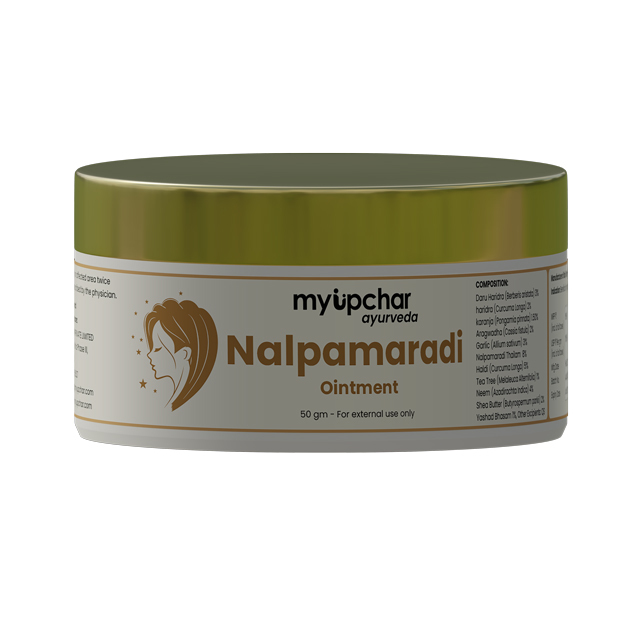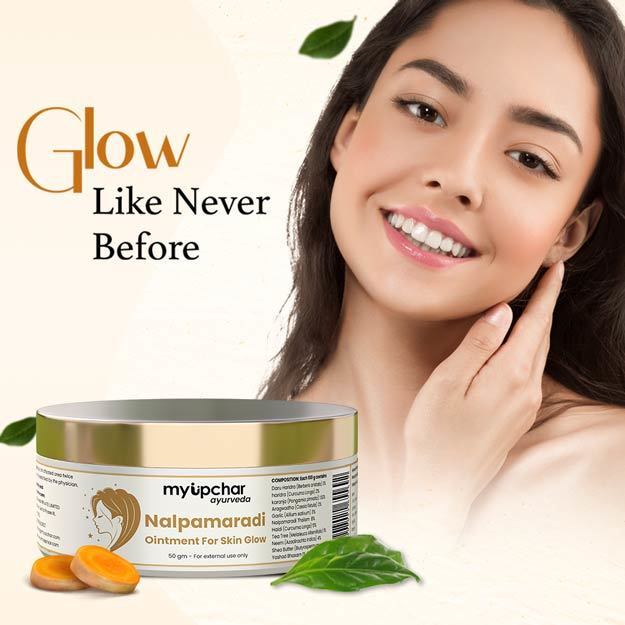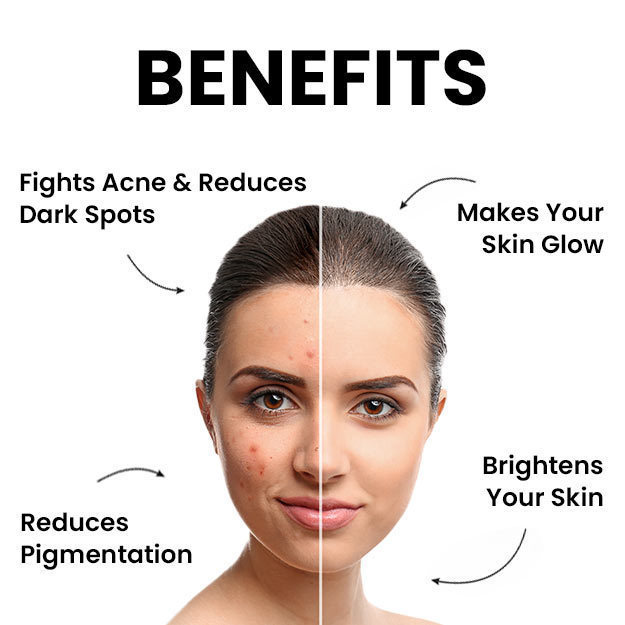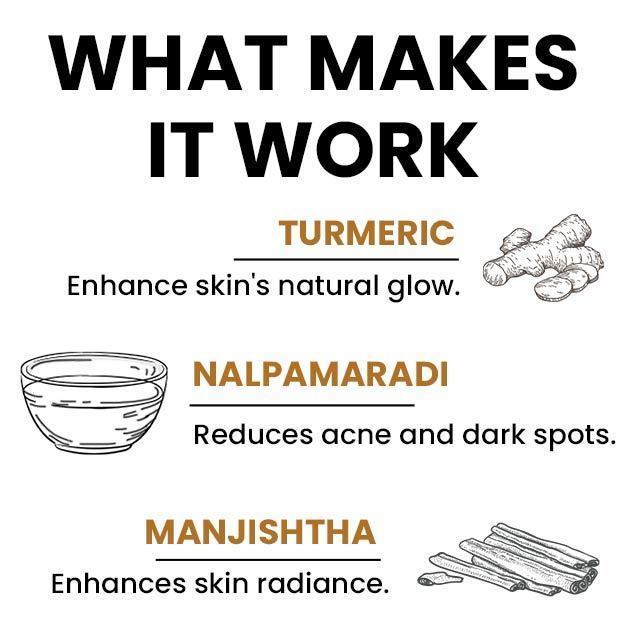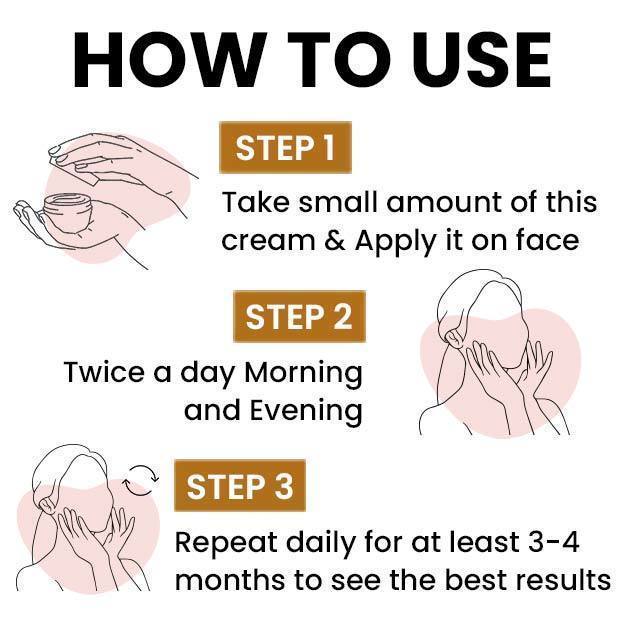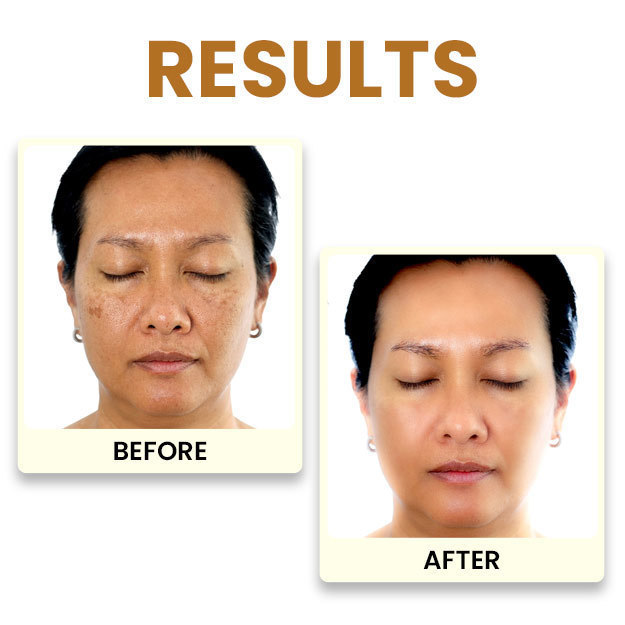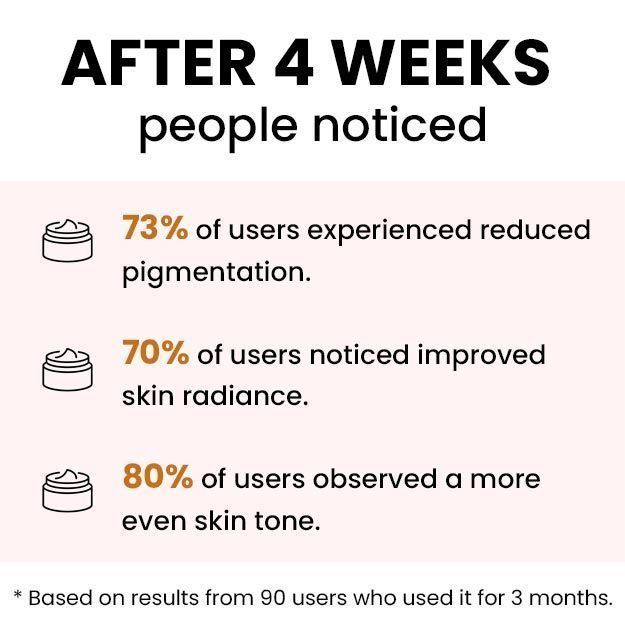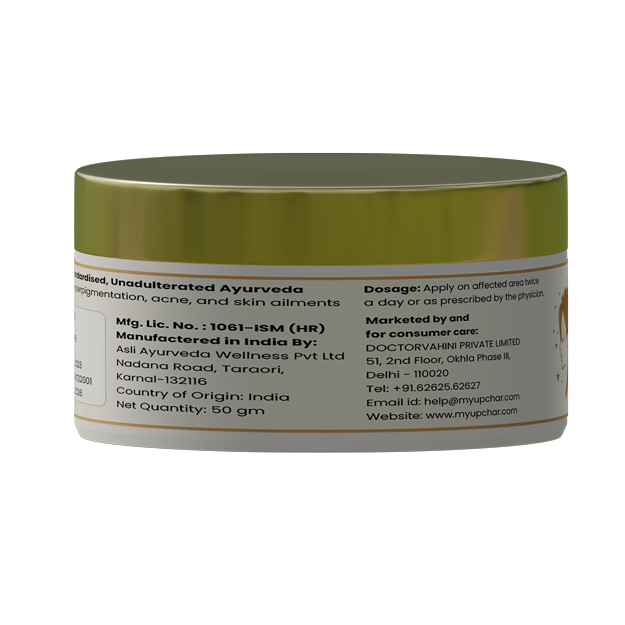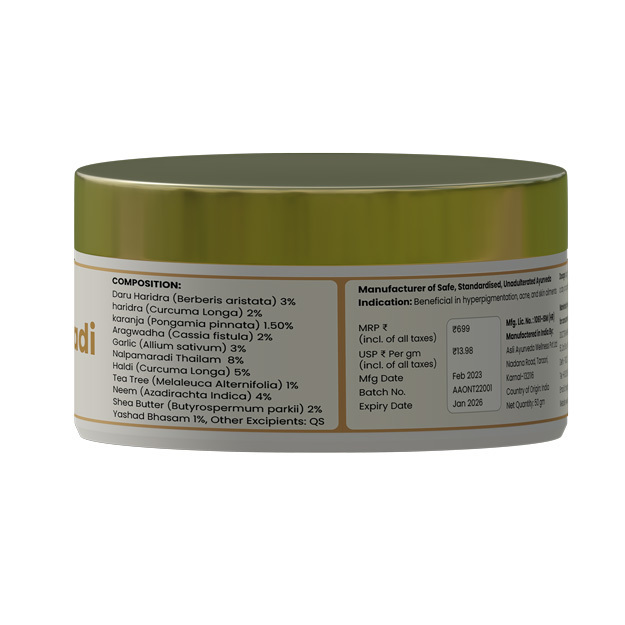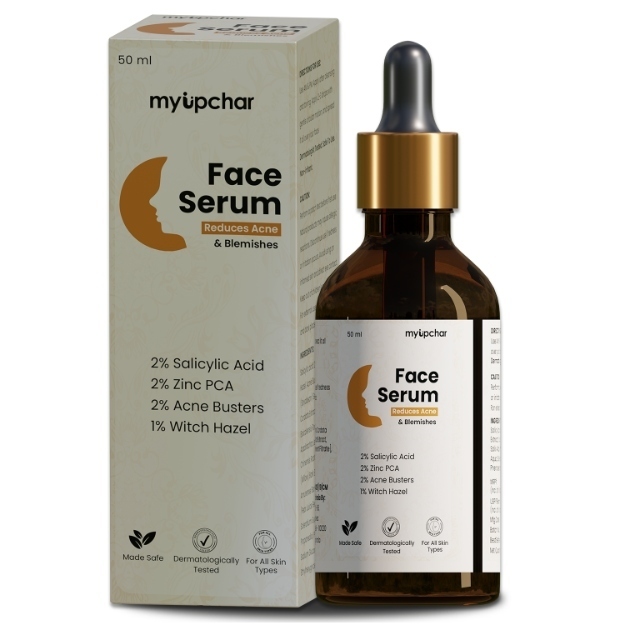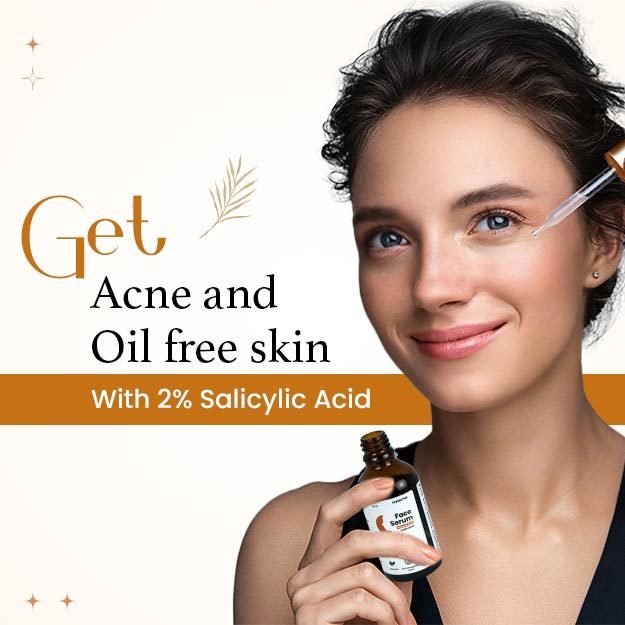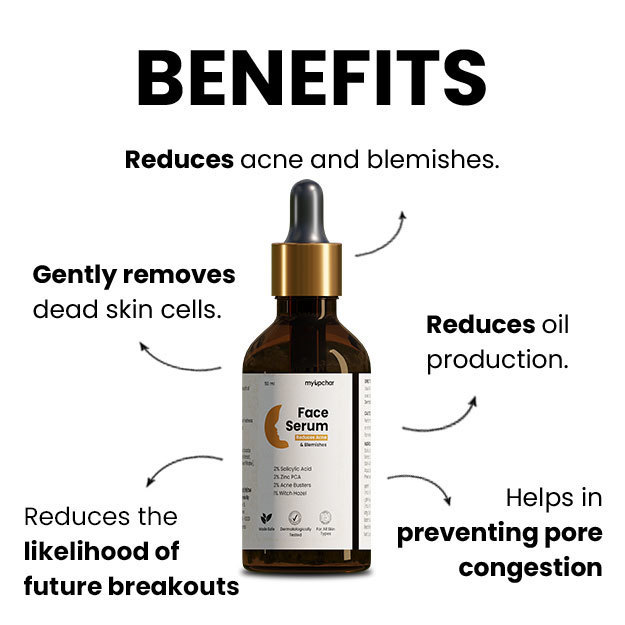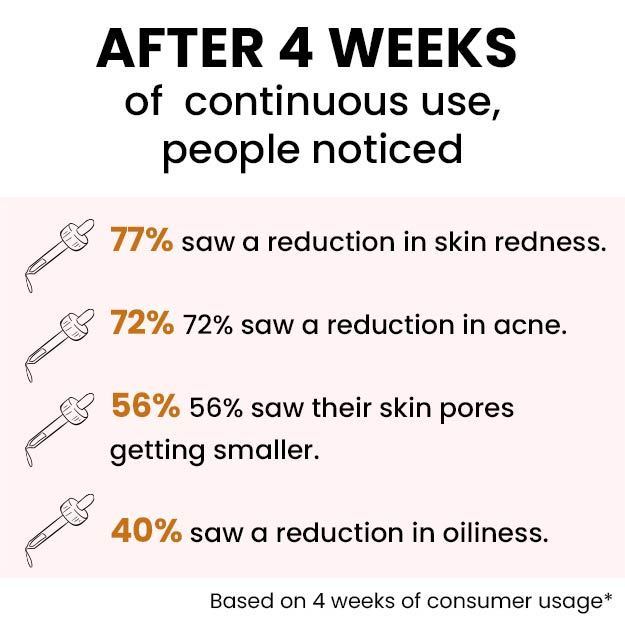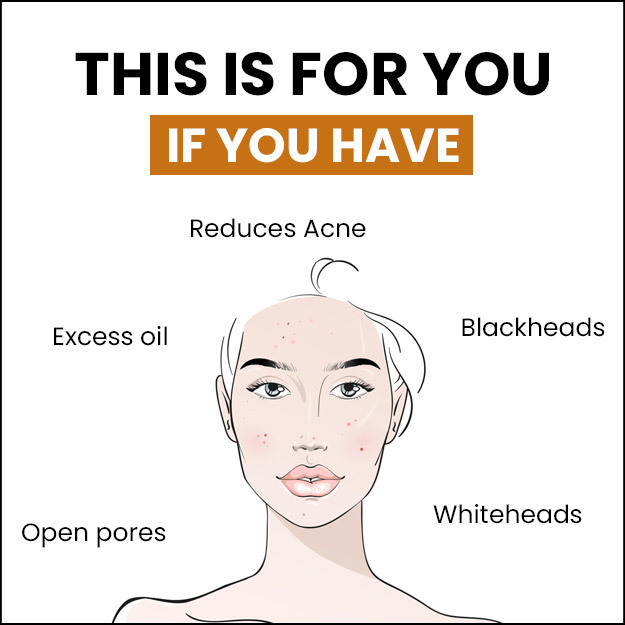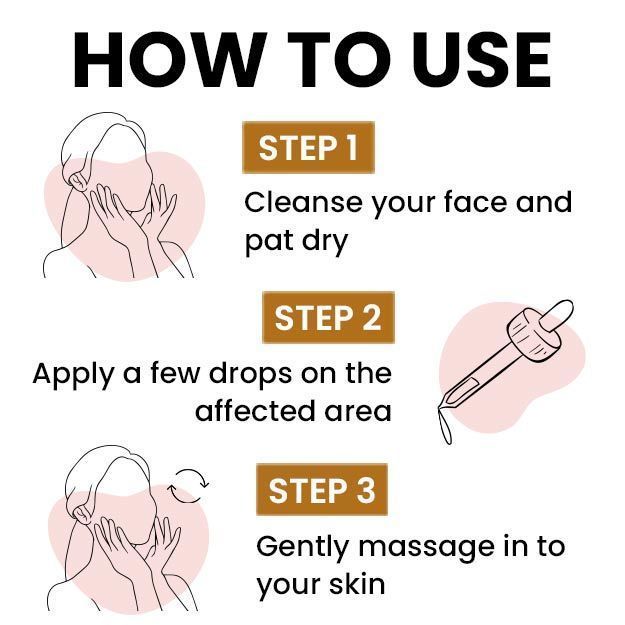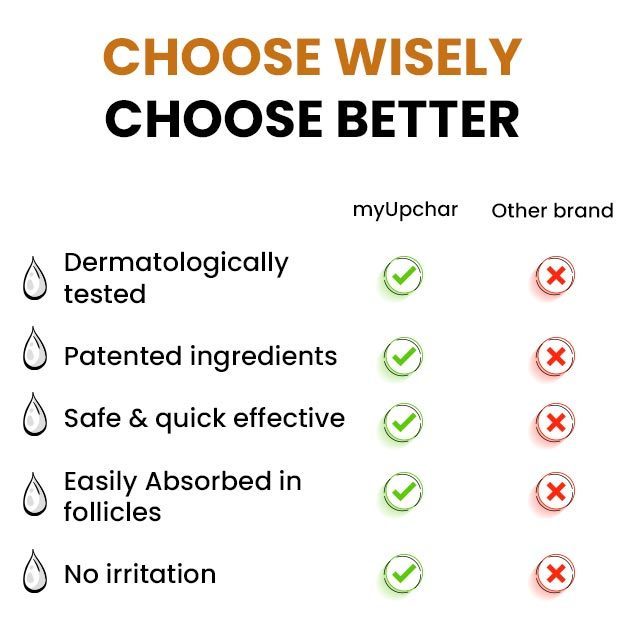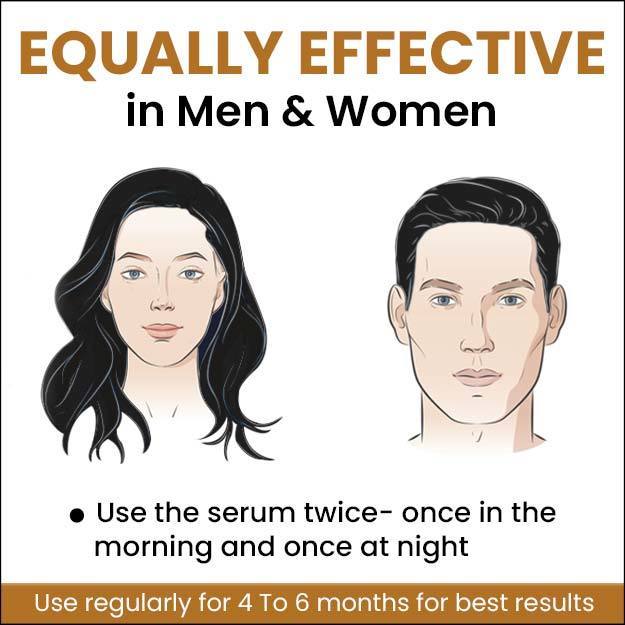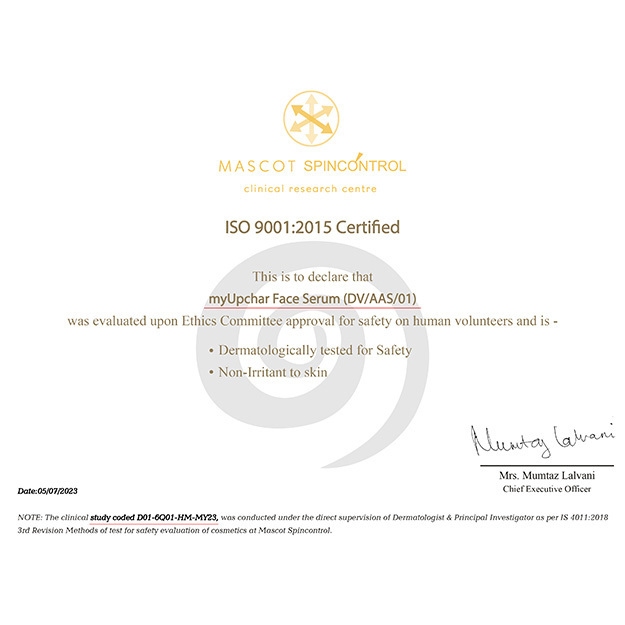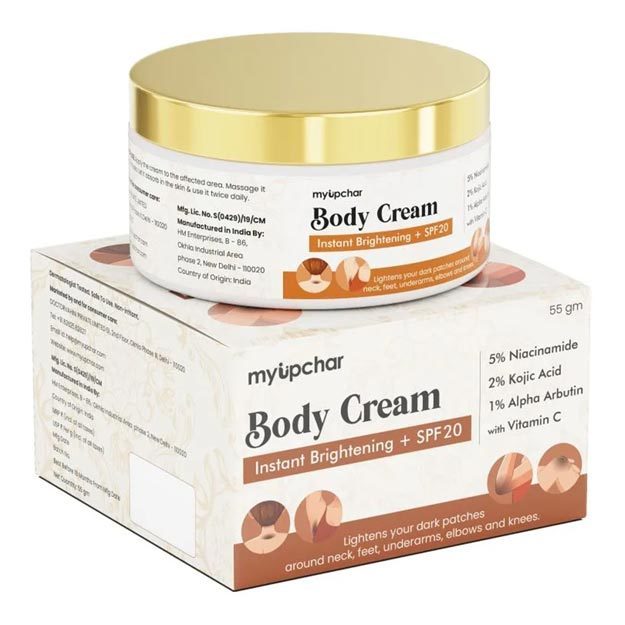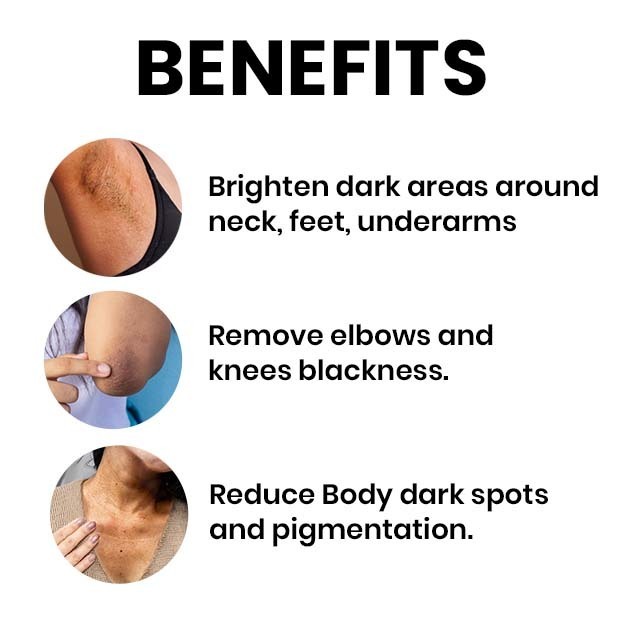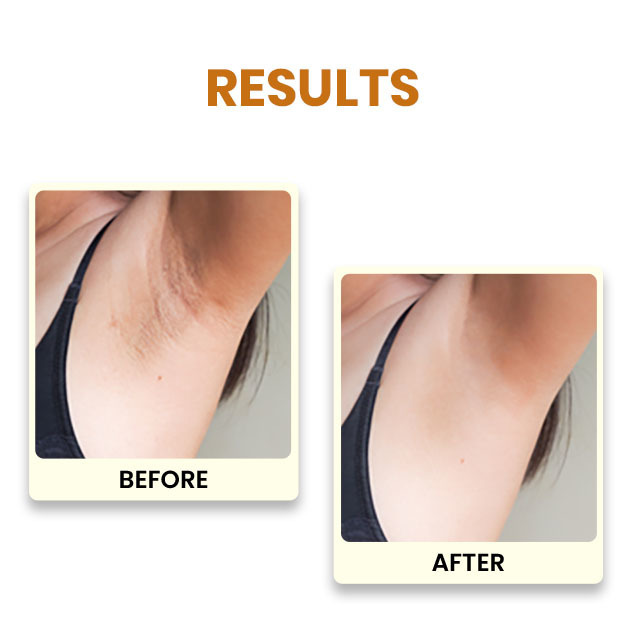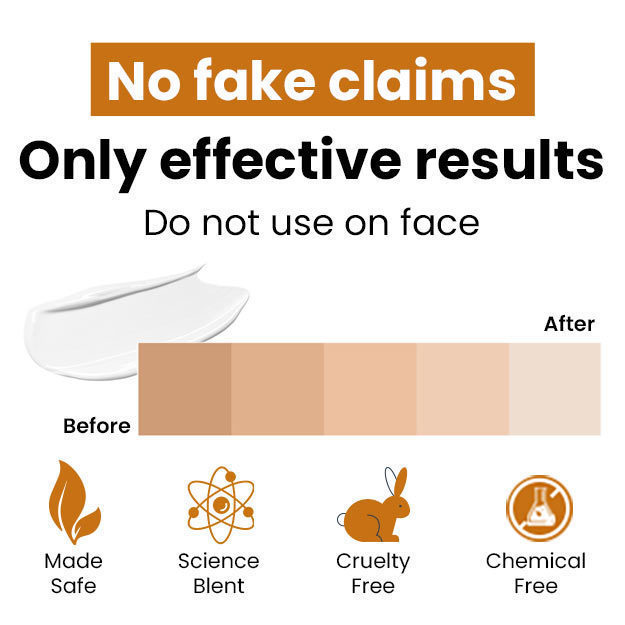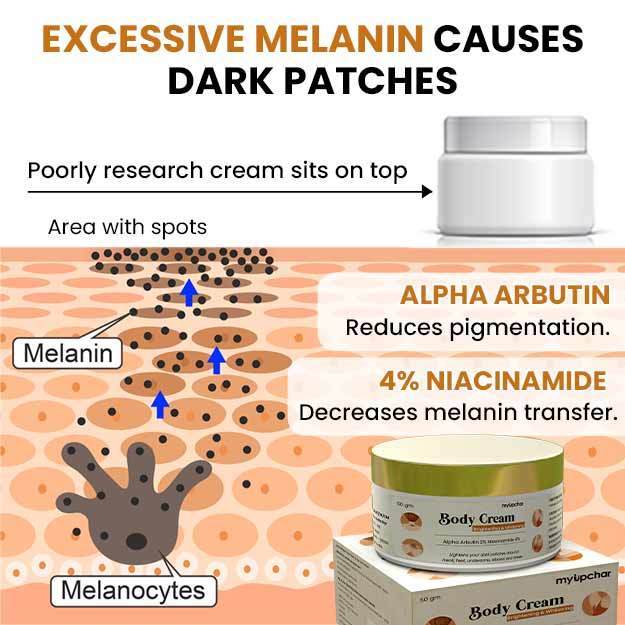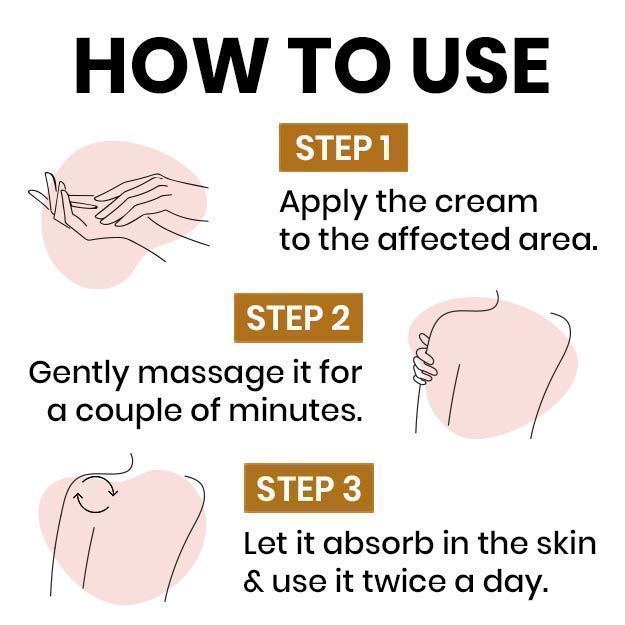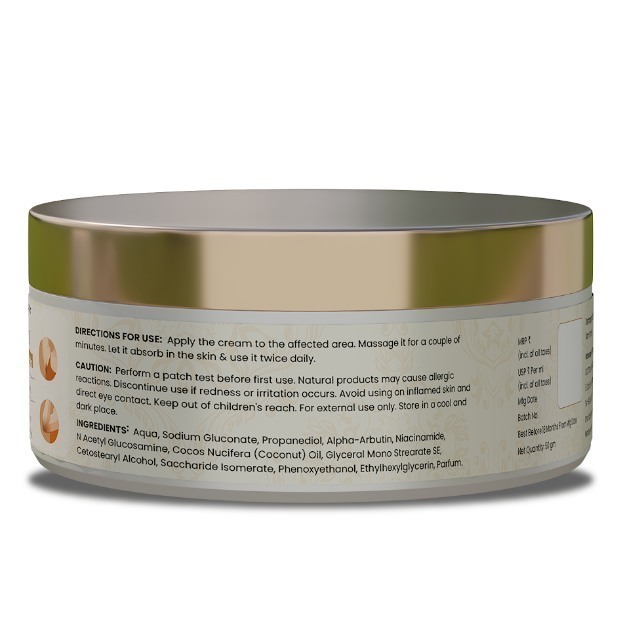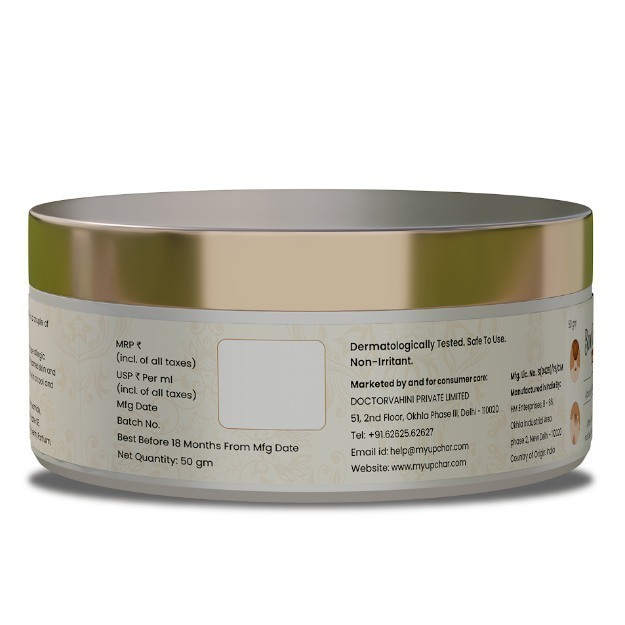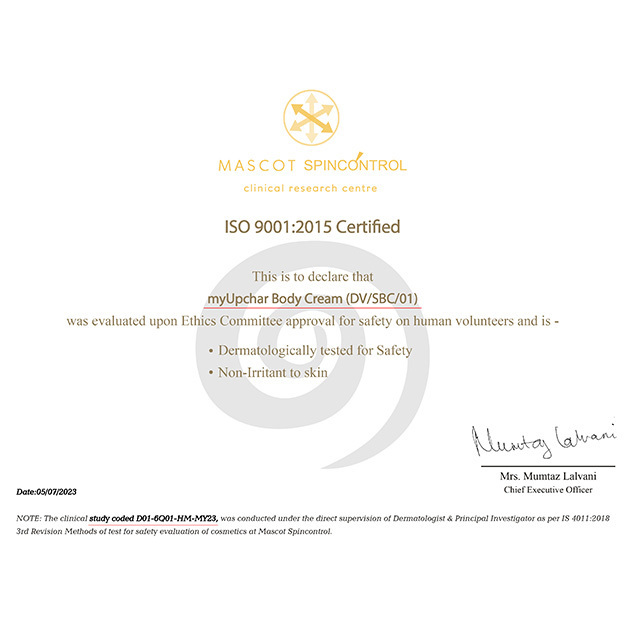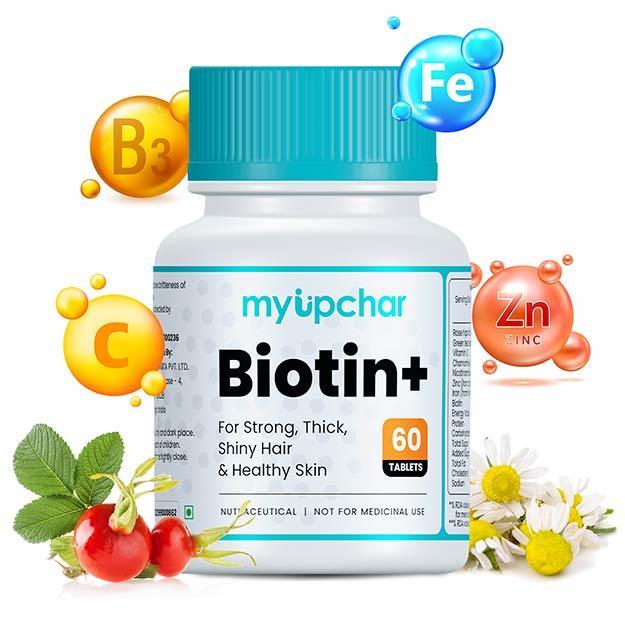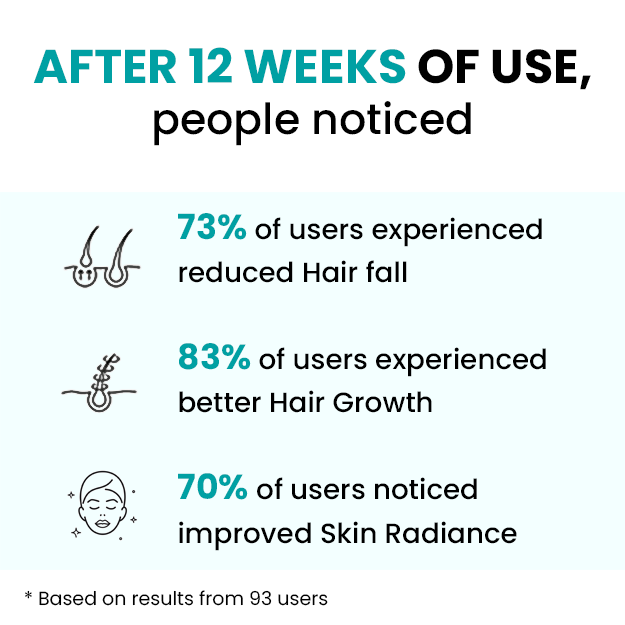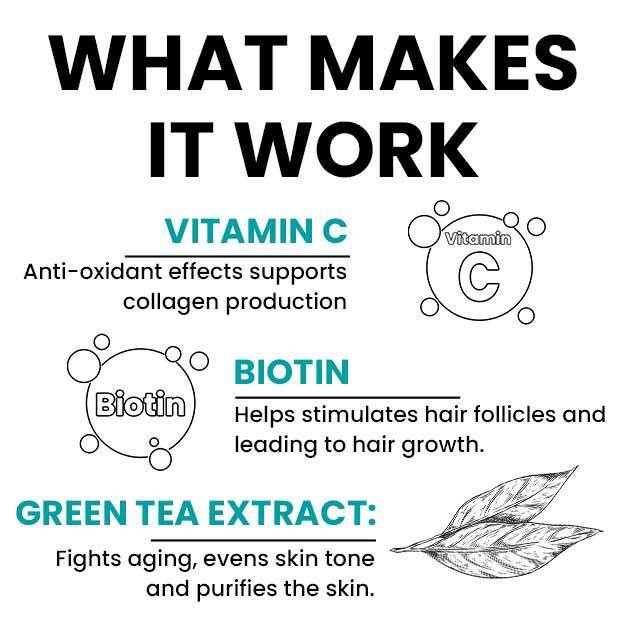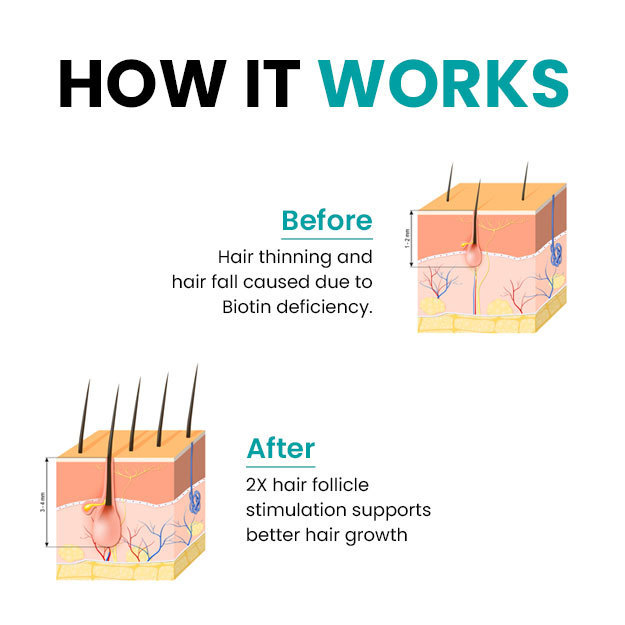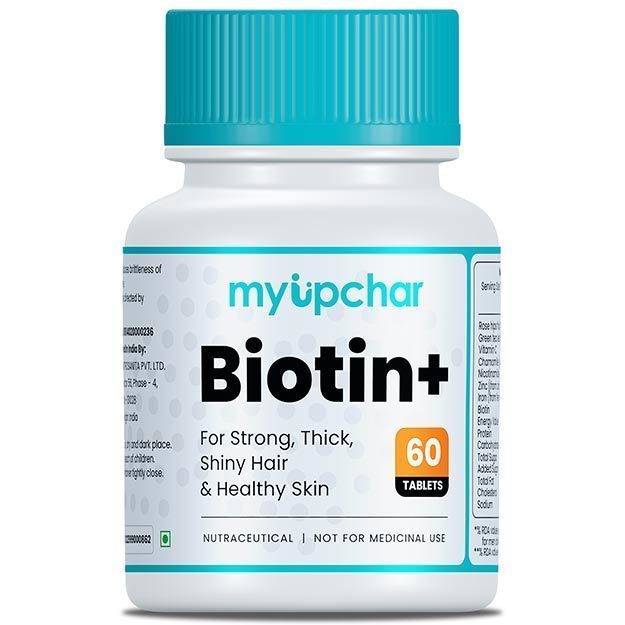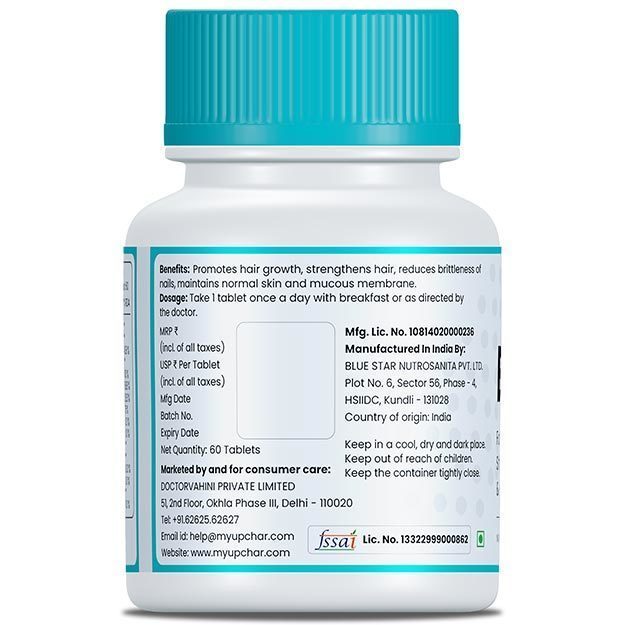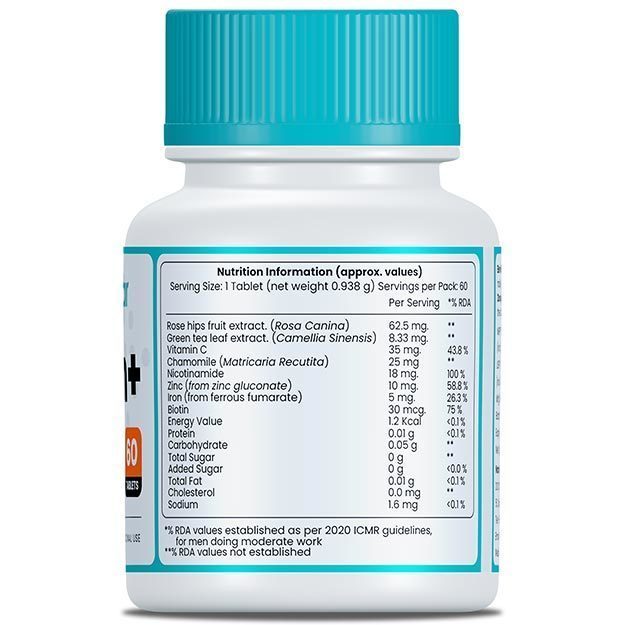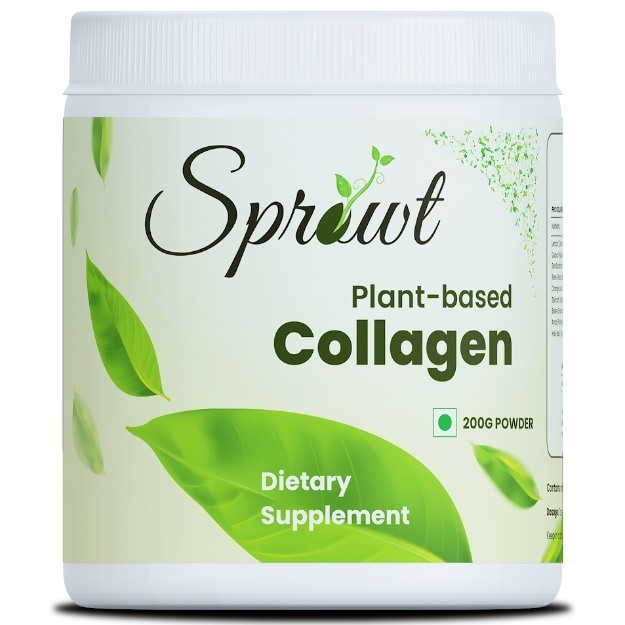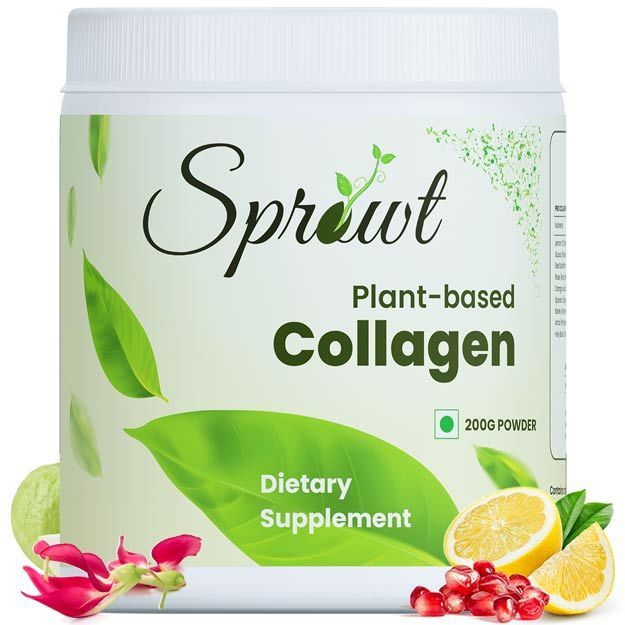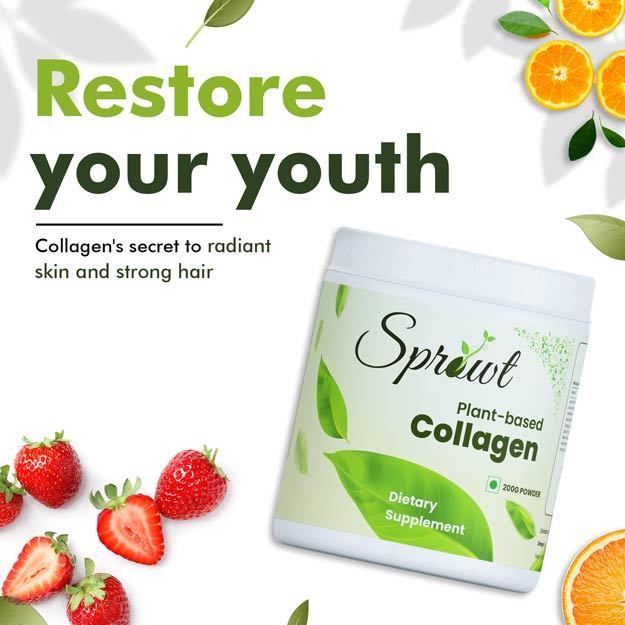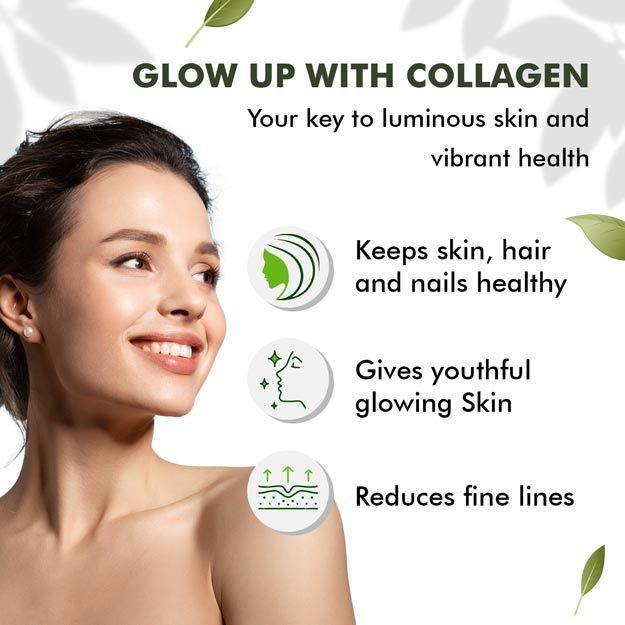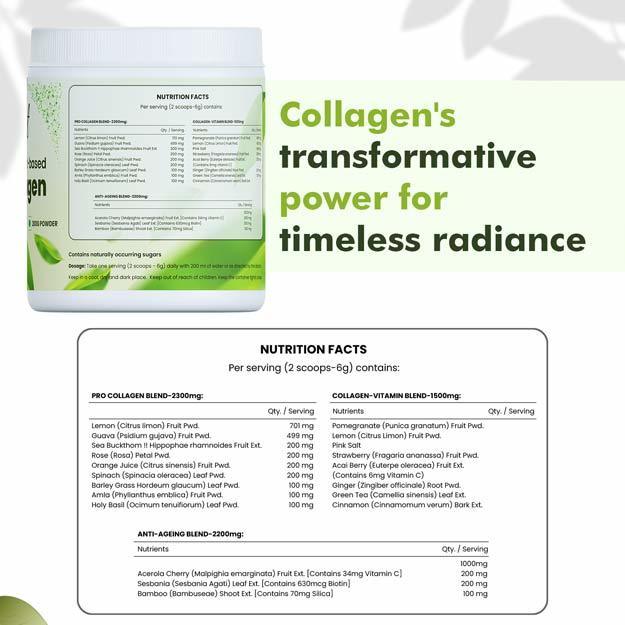Ready to dive into the fascinating world of men's skin? Let's be honest, skincare isn't just for women anymore! While the beauty industry often targets women, men's skin has its own unique characteristics and needs. So, whether you're a skincare newbie or looking to up your game, this article is for you. We'll explore the differences between male and female skin, common skin problems men face, and how to keep your complexion looking its best.
- What Is The Difference Between The Skin Of Men and Women
- Why Men Skin is Different From Women
- Study Regarding The Skin Difference
- Skin Problem In Men
- Causes Of Skin Problems In Men
- Cures For Skin Problem In Men
- Home Remedies For Fair Skin
- Natural Ways For Fair Skin
- Herbal Ways For Fair Skin
- Medical Treatments For Fair Skin
- Tips For A Bright & Even Complexion For Men
- How To Maintain A Fair Complexion For Men
- FAQ
- Summary
What Is The Difference Between The Skin Of Men and Women
It all comes down to some fundamental biological differences. While we both have skin, the composition and behavior of male and female skin vary quite a bit.
Generally, men's skin is about 20-25% thicker than women's. This is largely due to a higher concentration of collagen, a protein that gives skin its strength and elasticity. This extra collagen often means men's skin tends to age differently, often showing deeper wrinkles later in life rather than the fine lines and wrinkles that women might experience earlier.
Men's skin also tends to be oilier. This is because men have more active sebaceous glands (the glands that produce oil) and larger pores. The increased oil production can lead to a shinier complexion and make men more prone to issues like acne and blackheads. On the flip side, this natural oil can also provide some protection against dryness.
(Read More: Ancient Beauty Secrets: Home Remedies for Glowing Skin)
Another significant difference is hair growth. Men's faces are typically covered in terminal hair, which means daily shaving is a common practice. Shaving, while seemingly simple, can be a major source of irritation, ingrown hairs, and sensitivity if not done correctly. Women, while they may have peach fuzz, generally don't face the same daily shaving challenges on their faces.
Finally, men have a higher blood flow to their skin, which can contribute to a ruddier complexion and a tendency towards redness, especially after exercise or exposure to heat. So, while we share the basic structure, these subtle yet significant differences mean that a "one-size-fits-all" approach to skincare just doesn't cut it.
Why Men Skin is Different From Women
So, why do these differences exist? The answer lies primarily in hormones, specifically testosterone. Testosterone, the dominant male hormone, plays a significant role in shaping the characteristics of men's skin.
(Read More: Best fruits for glowing skin)
Higher levels of testosterone are responsible for the increased thickness of men's skin and the greater density of collagen. It's also the driving force behind the increased activity of sebaceous glands, leading to that oilier skin we discussed. This hormonal influence begins during puberty and continues throughout a man's life, constantly influencing the skin's structure and function.
Beyond hormones, lifestyle factors also contribute. Men, on average, tend to spend more time outdoors, often engaging in activities that expose them to more sun and environmental stressors. This can lead to increased sun damage and a greater likelihood of issues like hyperpigmentation over time. Shaving, as mentioned, is another routine that uniquely impacts male skin, introducing daily physical exfoliation and potential irritation.
While genetics also play a part, the hormonal landscape is the primary architect of the unique qualities of men's skin. Understanding these underlying reasons helps us appreciate why tailored skincare approaches are so beneficial for men.
(Read More: Soda Water: Refreshing Friend or Fizzy Foe?)
Study Regarding The Skin Difference
This study, titled "Male versus female skin: What dermatologists and cosmeticians should know" (PMC6116811), was published in the International Journal of Women's Dermatology in September 2018. Authored by S. Rahrovan, F. Fanian, P. Mehryan, P. Humbert, and A. Firooz, it serves as a thorough literature review comparing the biophysical and biomechanical characteristics of male and female skin to inform dermatologists and cosmeticians for more personalized skincare strategies.
The review highlighted several key differences, primarily influenced by hormones like testosterone. Men's skin generally exhibits higher sebum content, increased pigmentation, and greater thickness, which can lead to deeper facial wrinkles, although it thins with age. Men also tend to have more collagen and denser collagen fibrils in the dermis, and their skin often has a lower pH than women's. These distinctions suggest varied responses to environmental factors, aging, and cosmetic treatments.
This synthesis provides the basis for its findings on hydration, transepidermal water loss (TEWL), skin thickness, and pH differences across genders, drawing upon research that utilized various devices like Corneometer and Evaporimeter.
The implications of this review are substantial for the cosmetic and dermatological industries; it implicitly recommends a shift from a "one-size-fits-all" approach to gender-specific product development and treatment strategies. For instance, products for men might focus on managing sebum and addressing deeper wrinkles, while those for women could prioritize hydration and pH balance, especially with age-related estrogen decline. The review underscores the critical role of biometrological studies in guiding the selection of active ingredients for specific cosmetic treatments.
In essence, "Male versus female skin: What dermatologists and cosmeticians should know" provides a valuable overview of the inherent differences between male and female skin, largely driven by hormones. This comprehensive review strongly suggests that effective dermatological care and cosmetic product development necessitate a gender-specific approach to optimize skin health and aesthetic outcomes.
(To Read More: https://pmc.ncbi.nlm.nih.gov/articles/PMC6116811/#:~:text=The%20studies%20show%20that%20the,pH%20is%20higher%20in%20women)
Skin Problem In Men
Just like women, men can experience a range of skin problems. But due to the unique characteristics of male skin, some issues are more prevalent or manifest differently. Let's explore some of the common culprits.
- Acne: More common due to active oil glands; exacerbated by shaving.
- Shaving-Related Issues: Ingrown hairs (pseudofolliculitis barbae), razor burn, folliculitis.
- Sun Damage: Leads to premature aging, sunspots, and increased skin cancer risk.
- Sensitivity: Can occur after shaving or from harsh products, causing redness and itching.
- Dryness: Less common but can manifest as flaky, tight, or itchy skin.
- Aging Signs: Often present as deeper wrinkles and folds.
(Read More: Gluten and Gluten-Free Foods: uses, benefits)
Causes Of Skin Problems In Men
So, what's behind these common skin woes in men? It's often a combination of factors, ranging from genetics and hormones to lifestyle choices and environmental exposure.
Hormones, particularly testosterone, are a major driver. As we discussed, higher testosterone levels lead to increased oil production, making men more susceptible to acne. These hormones also influence hair growth patterns, directly contributing to shaving-related issues like ingrown hairs.
Genetics also play a significant role. If your father or grandfather had persistent acne, you might be more predisposed to it. Similarly, some men are naturally more prone to sensitive skin or certain types of hyperpigmentation.
Lifestyle choices can significantly impact skin health. Poor hygiene, such as not washing your face regularly, can lead to clogged pores and breakouts. A diet high in processed foods and sugar might also contribute to inflammation and skin issues for some individuals. Smoking and excessive alcohol consumption are notorious for dehydrating the skin and accelerating aging.
Environmental factors are constant aggressors. Sun exposure without adequate protection is a leading cause of premature aging, sunspots, and skin cancer. Pollution can also irritate the skin and contribute to oxidative stress. Exposure to harsh chemicals in certain professions can also lead to skin problems.
(Read More: Balanced Diet: Chart, Benefits, Importance and Definition)
Shaving habits are a unique and often overlooked cause of skin problems in men. Using a dull razor, shaving against the grain, or not preparing the skin properly can lead to razor burn, ingrown hairs, and nicks. The type of shaving cream or gel used can also be a culprit if it contains irritating ingredients.
Finally, stress can take a toll on the skin. When you're stressed, your body releases hormones that can increase oil production and inflammation, potentially worsening conditions like acne. It's clear that a holistic approach, considering all these factors, is essential for truly understanding and addressing men's skin problems.
Cures For Skin Problem In Men
Alright, we've talked about the problems and their causes, now let's get to the good stuff: the solutions! Luckily, many common skin problems in men can be effectively managed with a combination of good habits, targeted products, and sometimes, professional help.
(Read More: Anti acne diet: Foods to eat and diet plan)
Home Remedies
For many mild to moderate skin concerns, you can often find relief and improvement with things you might already have around the house. These remedies are generally gentle and can be a great starting point.
For oily skin and mild acne, regular cleansing is key. Using a gentle face wash twice a day helps remove excess oil and impurities. Ingredients like tea tree oil, known for its antiseptic properties, can be beneficial in spot treatments. Clay masks can also help absorb excess oil and purify pores.
For razor burn and irritation, cold compresses can provide immediate relief. Aloe vera, with its soothing and anti-inflammatory properties, is also excellent for calming irritated skin after shaving. Applying a thin layer of pure aloe vera gel can work wonders.
(Read more: Home remedies to make a pimple go away overnight)
For ingrown hairs, gentle exfoliation is crucial. Using a soft brush or a mild exfoliating scrub a few times a week can help dislodge trapped hairs. Warm compresses can also help bring the hair to the surface. Avoid picking at ingrown hairs, as this can lead to infection and scarring.
For dry patches, natural moisturizers like coconut oil or shea butter can be very effective. Applying a small amount to affected areas can help restore the skin's barrier and reduce flakiness.
Remember, consistency is key with home remedies. While they can be very helpful, if your skin problems persist or worsen, it's always best to consult a professional.
Medical Treatments
Sometimes, home remedies just aren't enough, and that's perfectly normal. For more persistent or severe skin problems, medical treatments can offer more potent solutions.
(Read More: Oily skin causes, treatment and oily skin care tips)
For stubborn acne, a dermatologist might prescribe topical retinoids (like tretinoin or adapalene) to help regulate cell turnover and reduce breakouts. Antibiotics, either topical or oral, might be used to reduce bacteria and inflammation. In severe cases, oral medications like isotretinoin (Accutane) may be considered, though these come with specific considerations and monitoring.
For chronic ingrown hairs, a dermatologist might recommend stronger topical exfoliants or even in-office procedures like chemical peels to help prevent recurrence. Laser hair removal can also be a long-term solution for men who frequently suffer from ingrown hairs in specific areas.
Hyperpigmentation and sun damage can be treated with topical creams containing ingredients like hydroquinone, retinoids, or vitamin C. In-office procedures like chemical peels, microdermabrasion, or laser therapy can also effectively reduce sunspots and improve overall skin tone and texture.
For severe dryness or eczema, prescription-strength moisturizers or topical steroids might be necessary to reduce inflammation and restore the skin barrier.
If you're dealing with persistent or bothersome skin issues, don't hesitate to seek professional advice. A dermatologist can accurately diagnose your condition and recommend the most appropriate and effective medical treatment plan for you.
(Read More: Diet For Skin Whitening For Glowing Skin)
Home Remedies For Fair Skin
Now, let's talk about achieving a brighter, more even complexion. While "fair skin" can be a loaded term, many people are interested in reducing hyperpigmentation, evening out skin tone, and enhancing their natural radiance. Here are some popular home remedies that aim to do just that, focusing on gentle brightening and nourishing ingredients.
Aloe Vera And Orange Juice
This combo is a refreshing treat for your skin! Aloe vera is known for its soothing and healing properties, while orange juice is packed with Vitamin C, a powerful antioxidant that can help brighten skin and reduce dark spots.
How To Use:
Mix two tablespoons of fresh aloe vera gel with one tablespoon of fresh orange juice. Apply this mixture to your face and neck, leave it on for about 15-20 minutes, then rinse off with cool water. Do this a few times a week for a noticeable glow.
Milk And Lemon Paste
Milk is a gentle cleanser and contains lactic acid, a mild alpha hydroxy acid (AHA) that can help exfoliate the skin and promote cell turnover. Lemon, like orange, is rich in Vitamin C and citric acid, which can help lighten dark spots.
How To Use:
Mix two tablespoons of raw milk with one tablespoon of fresh lemon juice to form a paste. Apply it to your face, leave it for 15-20 minutes until it dries, and then rinse. Use this a couple of times a week, but be cautious with lemon juice as it can make your skin more sensitive to the sun – always wear sunscreen!
(Read More: Lemon, Aloe Vera, and More: Natural Fixes for Black Spots)
Honey And Sugar Paste
This is a fantastic natural exfoliator! Honey is a humectant, meaning it attracts and retains moisture, while sugar provides gentle physical exfoliation.
How To Use:
Mix two tablespoons of honey with one tablespoon of fine sugar. Gently massage this mixture onto your damp face in circular motions for 2-3 minutes, focusing on areas with rough texture or dullness. Rinse thoroughly. This helps remove dead skin cells, revealing fresher, brighter skin underneath. Use once or twice a week.
Raw Potato Juice
Believe it or not, potatoes contain catecholase, an enzyme that is believed to help lighten skin tone and reduce pigmentation.
How To Use:
Grate a raw potato and squeeze out its juice. Apply this juice directly to your face, especially on areas with dark spots or uneven tone. Leave it on for 15-20 minutes, then rinse. Repeat daily for best results. It's surprisingly refreshing!
(Read More: Potatoes for Skin Care: Natural Remedies and Benefits)
Almond Paste
Almonds are packed with Vitamin E, which is excellent for skin health, and they also have mild exfoliating properties when ground into a paste.
How To Use:
Soak 5-6 almonds overnight. In the morning, peel them and grind them into a fine paste with a little milk or rose water. Apply this paste to your face and neck, leave it on for 20-30 minutes, then rinse off with lukewarm water. Regular use can help improve skin texture and add a natural radiance.
Oatmeal And Haldi Paste
Oatmeal is a gentle exfoliant and incredibly soothing for the skin, making it great for sensitive complexions. Haldi (turmeric) is a powerhouse of anti-inflammatory and antioxidant properties, and it's also known for its skin-brightening effects.
How To Use:
Mix two tablespoons of finely ground oatmeal with a pinch of haldi powder and enough milk or yogurt to form a paste. Apply to your face, leave for 15-20 minutes, then gently scrub off in circular motions before rinsing. This combo is excellent for a healthy glow and even tone.
Yogurt And Haldi Paste
Another fantastic duo for brightening! Yogurt contains lactic acid, which gently exfoliates and helps reduce pigmentation, while haldi works its magic with its brightening and anti-inflammatory benefits.
How To Use:
Mix two tablespoons of plain yogurt with a small pinch of haldi powder. Apply this mask evenly to your face and neck, let it sit for 15-20 minutes, then rinse with cool water. This mask can leave your skin feeling soft, smooth, and looking more radiant.
(Read More: From Acne to Glow: The Benefits of Turmeric for Facial Skin)
Remember, while these home remedies are natural, it's always a good idea to do a patch test first to ensure you don't have any adverse reactions. Consistency and sun protection are key to seeing the best results from these gentle brightening methods.
Natural Ways For Fair Skin
Beyond specific home remedies, embracing a more natural approach to your overall skincare and lifestyle can significantly contribute to a brighter, healthier complexion. Think of it as nurturing your skin from the inside out and protecting it from external aggressors.
One of the most fundamental natural ways to achieve and maintain fair skin is through sun protection. This is non-negotiable. Regular and prolonged exposure to UV rays is the primary cause of skin darkening, sunspots, and premature aging. Make it a daily habit to apply a broad-spectrum sunscreen with at least SPF 30, even on cloudy days. Seek shade during peak sun hours (10 AM to 4 PM) and wear protective clothing like hats and long sleeves when outdoors for extended periods.
(Read More: Effective Home Remedies for Sun Tan Removal)
Hydration is another crucial element. Drinking plenty of water throughout the day helps keep your skin cells plump and functioning optimally, leading to a healthier, more vibrant look. When your skin is dehydrated, it can appear dull and tired.
A balanced diet rich in fruits, vegetables, and antioxidants can do wonders for your skin. Foods high in Vitamin C (like berries, citrus fruits, and bell peppers) and Vitamin E (like nuts, seeds, and leafy greens) can help protect your skin from damage and support cell regeneration, leading to a clearer, brighter complexion. Avoid excessive consumption of processed foods, sugary drinks, and unhealthy fats, as these can contribute to inflammation and skin issues.
Regular cleansing and moisturizing are foundational. Even without specific brightening ingredients, simply keeping your skin clean and well-hydrated helps maintain its natural radiance. Use a gentle cleanser twice a day to remove dirt, oil, and impurities, and follow up with a suitable moisturizer to lock in hydration.
Adequate sleep is often overlooked but incredibly important. During sleep, your body repairs and regenerates cells, including skin cells. Lack of sleep can lead to dull, tired-looking skin, and increased dark circles. Aim for 7-9 hours of quality sleep each night.
(Read More: Sleeping in Day is Good or Bad?)
Stress management also plays a role. Chronic stress can trigger hormonal imbalances that can manifest as skin problems, including dullness and breakouts. Incorporate stress-reducing activities into your routine, such as exercise, meditation, or hobbies.
By integrating these natural practices into your daily life, you're not just aiming for "fair skin" but fostering overall skin health, which naturally translates to a brighter, more even, and youthful-looking complexion.
Herbal Ways For Fair Skin
Herbal remedies have been used for centuries across various cultures for their skin-enhancing properties. Many herbs contain natural compounds that can help brighten skin, reduce inflammation, and improve overall complexion. When incorporating herbs, it's often about finding extracts or preparations, or even using fresh ingredients directly.
(Read More: Ayurvedic herbs for pimples)
Turmeric (Haldi): We touched on this in home remedies, but it's worth highlighting again. Turmeric is a superstar when it comes to skin brightening. Its active compound, curcumin, is a powerful antioxidant and anti-inflammatory agent. It can help reduce melanin production, making it effective for treating hyperpigmentation and achieving a more even skin tone. You can use it in masks (as with yogurt or oatmeal) or look for skincare products that contain turmeric extract.
Saffron (Kesar): This luxurious spice is renowned for its skin-brightening abilities. Saffron helps improve blood circulation to the skin, which can enhance radiance. It's often steeped in milk or water and then applied topically as a toner or mask. Many Ayurvedic skin-brightening formulations feature saffron prominently.
Licorice Root: This herb contains glabridin, a compound that inhibits tyrosinase, an enzyme responsible for melanin production. This makes licorice root extract excellent for fading dark spots, hyperpigmentation, and overall skin brightening. Look for skincare products that list licorice root extract as an ingredient.
Sandalwood: Known for its soothing and cooling properties, sandalwood paste (made from sandalwood powder mixed with water or rose water) is a traditional remedy for a clear and bright complexion. It helps reduce blemishes, calms irritated skin, and imparts a natural glow.
(Read More: Fairness treatment and tips)
Neem: While often associated with acne, neem also has properties that can lead to clearer, more even-toned skin. Its antibacterial and anti-inflammatory qualities can help reduce breakouts and redness, which indirectly contributes to a brighter appearance. Neem oil or paste can be used in masks, but be mindful of its strong scent.
Rose: Rose water is a gentle toner that can hydrate, soothe, and balance the skin's pH. Regular use can lead to a softer, more radiant complexion. You can use pure rose water as a facial mist or combine it with other ingredients in masks.
Amla (Indian Gooseberry): Amla is exceptionally rich in Vitamin C, making it a powerful antioxidant. It helps protect the skin from free radical damage and supports collagen production, leading to healthier, brighter skin over time. Amla powder can be incorporated into facial masks.
When using herbal remedies, always ensure the quality of your ingredients. While generally safe, some individuals may have sensitivities, so a patch test is advisable. For more potent or concentrated herbal treatments, consider consulting an herbalist or a dermatologist specializing in natural skincare.
(Read More: How to get glowing skin: home remedies and skin care tips)
Medical Treatments For Fair Skin
When home remedies and natural methods aren't enough to achieve your desired level of skin brightness or to address stubborn pigmentation, medical treatments offer more targeted and often faster solutions. These treatments are typically performed by dermatologists or licensed medical professionals.
Medical Ways
Topical Lightening Creams: These are often the first line of medical treatment for hyperpigmentation. Ingredients commonly found in these creams include:
- Hydroquinone: A powerful skin-lightening agent that works by inhibiting melanin production. It's highly effective but usually prescribed for short durations due to potential side effects.
- Retinoids (Tretinoin, Adapalene): These Vitamin A derivatives accelerate cell turnover, helping to shed pigmented skin cells and reveal fresher, brighter skin. They also improve skin texture and reduce fine lines.
- Alpha Hydroxy Acids (AHAs) and Beta Hydroxy Acids (BHAs): Glycolic acid (AHA) and salicylic acid (BHA) are chemical exfoliants that help remove dead skin cells and promote an even skin tone. They are used in various concentrations in professional peels.
- Vitamin C: A potent antioxidant that brightens the skin, reduces dark spots, and protects against sun damage. It's widely available in serums and creams.
- Kojic Acid and Azelaic Acid: These ingredients also inhibit melanin production and are effective for reducing hyperpigmentation.
(Read More: A Guide to the Benefits and Safety of Face Acid for Skin)
Chemical Peels: In-office chemical peels use stronger concentrations of acids (like glycolic, salicylic, or trichloroacetic acid) to exfoliate the top layers of the skin. This process removes pigmented cells, stimulates new cell growth, and reveals brighter, smoother skin. Peels range from superficial to deep, with recovery time varying accordingly.
Microdermabrasion: This non-invasive procedure uses a special device to gently abrade the outermost layer of the skin, removing dead skin cells and improving skin tone and texture. It's effective for mild hyperpigmentation and dullness, offering little to no downtime.
Surgical Ways
While not "surgical" in the traditional sense of cutting, these involve medical procedures that use specialized equipment to target skin concerns, sometimes requiring a recovery period.
Laser Therapy: Lasers are incredibly effective for targeting specific pigments in the skin.
Q-switched Lasers: These lasers emit short, powerful pulses of light that break down melanin clusters in dark spots and freckles. The body then naturally eliminates these fragments.
IPL (Intense Pulsed Light): While not a true laser, IPL uses broad-spectrum light to target various skin concerns, including sunspots, freckles, and general redness. It can significantly improve overall skin tone and brightness.
Fractional Lasers (e.g., Fraxel): These lasers create microscopic treatment zones in the skin, stimulating collagen production and promoting the growth of new, healthier skin cells. They are excellent for improving texture, reducing wrinkles, and fading stubborn pigmentation.
It's crucial to have a thorough consultation with a qualified dermatologist before undergoing any medical treatment. They will assess your skin type, concerns, and medical history to recommend the most suitable and safe option for you, ensuring realistic expectations and proper post-treatment care. Remember, protection from the sun is paramount after any skin-lightening treatment to maintain the results and prevent further pigmentation.
(Read More: Understanding Melasma: Causes, Triggers)
Tips For A Bright & Even Complexion For Men
Achieving a bright and even complexion isn't just about what you apply to your face; it's about a holistic approach that combines good habits with smart product choices. Here are some top tips tailored for men to help you get that radiant glow:
- Be Diligent with Sunscreen, Every Single Day: This is the golden rule, no matter what your skin goals are. Sun exposure is the number one cause of hyperpigmentation and dullness. Apply a broad-spectrum sunscreen with at least SPF 30 every morning, regardless of the weather. Reapply if you're sweating or spending extended time outdoors.
- Cleanse Gently, But Thoroughly: Use a mild, pH-balanced cleanser twice a day to remove dirt, oil, and impurities that can make your skin look dull. Avoid harsh soaps that strip your skin's natural oils, as this can lead to dryness and irritation.
- Exfoliate Regularly (But Not Too Much): Exfoliation helps remove dead skin cells that can accumulate and make your complexion look uneven and lackluster. Aim for 2-3 times a week with a gentle physical scrub or a chemical exfoliant (like an AHA or BHA cleanser). This will reveal fresher, brighter skin underneath.
- Hydrate, Hydrate, Hydrate: Drink plenty of water throughout the day. Internally, hydration keeps your skin plump and healthy. Externally, use a good moisturizer that suits your skin type. Even oily skin needs moisture to maintain its barrier function.
- Incorporate Brightening Ingredients: Look for skincare products that contain ingredients known for their brightening properties. These include Vitamin C (a powerful antioxidant that brightens and evens skin tone), Niacinamide (Vitamin B3, which reduces redness and improves barrier function), Licorice Root Extract, and Kojic Acid.
- Master Your Shaving Technique: Improper shaving can lead to razor burn, ingrown hairs, and post-inflammatory hyperpigmentation. Always shave after a warm shower (to soften hair), use a sharp razor, shave with the grain, and use a good quality shave cream or gel. Follow up with an aftershave balm (alcohol-free) to soothe the skin.
- Prioritize Sleep: Quality sleep allows your skin to repair and regenerate. Lack of sleep can leave your complexion looking tired, dull, and can even exacerbate dark circles. Aim for 7-9 hours of restful sleep each night.
- Eat a Skin-Friendly Diet: Fuel your body with plenty of fruits, vegetables, and whole grains. Foods rich in antioxidants (like berries, leafy greens) and healthy fats (like avocados, nuts) can help protect your skin from damage and promote a healthy glow.
- Don't Forget About Stress Management: Chronic stress can negatively impact your skin. Find healthy ways to manage stress, whether it's through exercise, meditation, hobbies, or spending time in nature.
- Be Patient and Consistent: Skin improvement takes time. Don't expect overnight miracles. Stick to your routine consistently, and you'll gradually see positive changes in your complexion.
(Read More: Burning sensation on skin: symptoms, causes, prevention)
By integrating these tips into your daily routine, you'll be well on your way to a brighter, more even, and healthier-looking complexion.
How To Maintain A Fair Complexion For Men
Achieving a fair or bright complexion is one thing, but maintaining it requires ongoing effort and consistency. Think of it as a marathon, not a sprint! Here's how men can effectively maintain their hard-earned radiance:
- Always use sunscreen. This is super important! Even if your skin looks brighter, skipping sunscreen will quickly undo all your hard work. UV rays from the sun cause skin darkening, spots, and damage. Get into the habit of putting on a good sunscreen with at least SPF 30 every morning, whether it's sunny, cloudy, or you're inside. If you're sweating, swimming, or outside a lot, reapply it every two hours. This is the most important step to keep your skin bright.
- Stick to your skincare routine. Don't stop your routine once you see good results. Doing your skincare every day is key. This means washing your face gently twice a day to clean it and prevent dullness, and moisturizing daily to keep your skin hydrated and healthy. Also, gently exfoliate 2-3 times a week to remove dead skin cells that can make your skin look dull.
- Keep using brightening products if needed. Depending on your original skin concerns, you might want to keep using products with ingredients like Vitamin C, Niacinamide, or licorice root extract a few times a week or daily. This helps keep your results and stops new dark spots from forming. It's always a good idea to ask a skin doctor how often and how strong these products should be for you.
- Protect your skin from daily pollution. Besides the sun, pollution and other things in the environment can make your skin look dull and cause damage. Use serums or moisturizers with antioxidants to help protect your skin from these harmful elements.
- Live a healthy lifestyle. Eating well is a big part of having healthy, glowing skin. Keep eating a balanced diet with lots of fruits, vegetables, and antioxidants to nourish your skin from the inside out. Also, drink plenty of water throughout the day to keep your skin hydrated and your body healthy.
- Get enough sleep and manage stress. Make sure you get enough good sleep, as your skin repairs itself best when you're resting. Find healthy ways to deal with stress, because constant stress can affect your skin and make it look less vibrant.
- See a skin doctor regularly (if needed). If you've had treatments like laser therapy or chemical peels, go for your follow-up appointments with your dermatologist as they suggest. They can check your skin's progress, do any needed touch-up treatments, and help with any new worries.
- Be gentle with your skin and stay informed. Don't scrub your skin too hard, over-exfoliate, or use products that irritate it. Irritation can lead to redness and dark spots. Lastly, keep up with new skincare information and change your routine as your skin needs change or as you get older.
(Read More: How to Restore Moisture to Dehydrated Skin)
Maintaining a bright complexion is an ongoing commitment, but the payoff is healthy, vibrant skin that looks and feels great. By consistently applying these principles, you can enjoy a radiant complexion for years to come.
FAQ
You've got questions, and we've got answers! Let's tackle some common queries about achieving and maintaining a fair complexion for men.
(Read More: Water And Skin Health: Benefits Of Water For Glowing Skin)
How Can I Lighten My Skin Naturally
Naturally lightening your skin focuses on reducing hyperpigmentation, evening out skin tone, and enhancing your natural radiance rather than drastically changing your inherent skin color. The most effective natural ways include:
- Strict Sun Protection: This is paramount. Consistently using a broad-spectrum sunscreen (SPF 30+) daily, seeking shade, and wearing protective clothing prevents your skin from darkening and helps existing dark spots fade.
- Diet Rich in Antioxidants: Eating plenty of fruits and vegetables, especially those high in Vitamin C (like citrus, berries, bell peppers) and Vitamin E (nuts, seeds), can help protect your skin from damage and promote a healthier, brighter complexion.
- Hydration: Drinking ample water keeps your skin plump and radiant, preventing a dull appearance.
- Gentle Exfoliation: Regularly removing dead skin cells with natural scrubs (like honey and sugar) or mild acids (like lactic acid in milk/yogurt) helps reveal fresher, brighter skin.
- Natural Brightening Agents: Ingredients like turmeric, saffron, licorice root extract, and aloe vera, used consistently in face masks or as topical applications, can gradually help lighten pigmentation and improve skin tone.
- Adequate Sleep and Stress Management: These holistic approaches support overall skin health and can prevent dullness caused by fatigue and stress.
(Read More: How to get fair skin: home remedies, skincare routine and tips)
Remember, natural methods work gradually. Consistency is key, and individual results can vary.
Why Is My Skin Darker?
Several factors can contribute to your skin appearing darker than you'd like, or darker than it used to be:
- Sun Exposure: This is by far the most common reason. UV radiation triggers your skin to produce more melanin (the pigment that gives skin its color) as a protective mechanism. Prolonged and unprotected sun exposure leads to tanning, sunspots, and an overall darker complexion.
- Post-Inflammatory Hyperpigmentation (PIH): This occurs after an injury or inflammation to the skin, such as acne breakouts, razor bumps, cuts, or rashes. As the skin heals, it can produce excess melanin, leaving behind dark spots.
- Hormonal Changes: While more common in women (e.g., melasma during pregnancy), hormonal fluctuations can sometimes affect skin pigmentation in men too.
- Environmental Pollution: Exposure to pollutants can lead to oxidative stress in the skin, contributing to dullness and a darker appearance over time.
- Dehydration and Lack of Sleep: When your skin is dehydrated or you're sleep-deprived, your complexion can appear dull, tired, and less vibrant, giving the impression of darker skin.
- Accumulation of Dead Skin Cells: If you're not exfoliating regularly, a layer of dead skin cells can build up on the surface of your skin, making it look dull and darker than its true tone.
- Certain Medications: Some medications can cause photosensitivity, making your skin more susceptible to sun damage and darkening. Always check with your doctor if you suspect a medication is affecting your skin.
(Read More: How to remove dullness from face)
Why Am I Losing My Fairness?
"Losing fairness" usually refers to a gradual darkening or dulling of your complexion from your natural skin tone. This is almost always due to:
(Read More: Vitamin C benefits for skin)
- Increased Unprotected Sun Exposure: This is the primary culprit. Even incidental sun exposure over time adds up, stimulating melanin production and making your skin appear darker. Perhaps your lifestyle has changed, and you're spending more time outdoors without consistent sun protection.
- Aging: As we age, our skin's ability to regenerate slows down, and sun damage accumulated over the years becomes more apparent in the form of sunspots and uneven tone. The skin can also become duller.
- Neglecting Skincare: If you've stopped following a consistent skincare routine (cleansing, moisturizing, exfoliating), dead skin cells can accumulate, and your skin can become dehydrated, leading to a duller, less vibrant appearance.
- Lifestyle Factors: Smoking, excessive alcohol consumption, poor diet, and chronic stress can all negatively impact skin health and contribute to a duller, less "fair" complexion.
- Post-Inflammatory Hyperpigmentation: Frequent acne breakouts, shaving irritation leading to razor bumps, or other skin injuries can leave behind dark spots that collectively make your overall complexion appear darker.
- Medications/Health Conditions: In rare cases, certain medications or underlying health conditions can influence skin pigmentation. If you have concerns, consult a doctor.
The good news is that by addressing these causes, particularly sun protection and a consistent skincare routine, you can often restore your skin's natural radiance and achieve a brighter, more even complexion.
(Read More: Home remedies for dark or black spots)
Summary
So, there you have it! We've journeyed through the intricate world of men's skin, uncovering its unique characteristics and the reasons behind them. We learned that men's skin is generally thicker, oilier, and ages differently than women's, largely thanks to testosterone. This also means men face specific challenges like acne and shaving-related irritation.
But fear not! For every problem, there's a solution. We explored a range of effective strategies, from gentle home remedies like aloe vera and potato juice for brightening, to potent medical treatments like lasers and specialized creams for more stubborn issues. We also emphasized the power of natural methods – simple yet impactful habits like diligent sun protection, staying hydrated, eating a balanced diet, and managing stress.
The key takeaway? Skincare for men isn't just about looking good; it's about maintaining healthy, resilient skin. Whether you're aiming for a brighter complexion, clearer skin, or just want to combat the signs of aging, consistency is your best friend. By understanding your skin's unique needs and committing to a smart, tailored routine, you can unlock a complexion that looks and feels its absolute best. So go ahead, embrace your skin, and give it the care it deserves!
Doctors for Fairer Skin for Men: A Male Guide to Brighter Complexion
Dr. Divyanshu Srivastava
Dermatology
10 Years of Experience

Dr. G.ARUN
Dermatology
6 Years of Experience

Dr. Ashwin charaniya
Dermatology
8 Years of Experience





